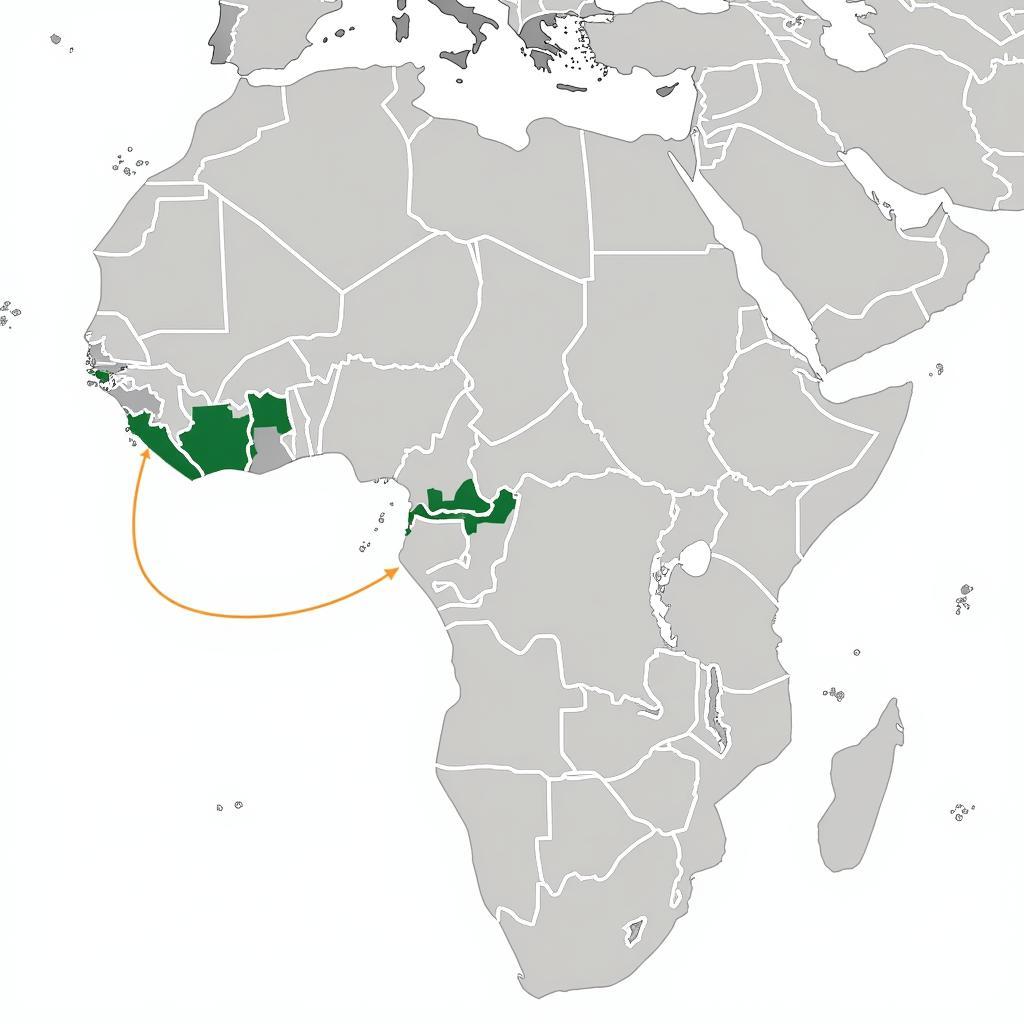African Judo Union: A Continental Force in Martial Arts
The African Judo Union (AJU) plays a vital role in promoting and developing the sport of judo across the diverse continent of Africa. From grassroots programs to international competitions, the AJU fosters a spirit of sportsmanship, discipline, and excellence.
The History and Structure of the African Judo Union
The AJU, founded in 1961, serves as the governing body for judo in Africa. It oversees the development and growth of the sport, organizing championships, training programs, and referee certification courses. The AJU’s structure reflects its pan-African mission, with representatives from various national judo federations contributing to its governance. This collaborative approach allows the AJU to address the specific needs and challenges faced by different regions within the continent. The AJU’s work has been instrumental in increasing the participation of African judokas in international competitions, showcasing the continent’s growing talent and potential.
Developing Judo Talent Across Africa: The AJU’s Impact
The AJU’s commitment to developing judo talent extends beyond elite athletes. The organization actively promotes judo as a tool for social development, empowering youth and fostering valuable life skills. Through its various initiatives, the AJU aims to make judo accessible to all, regardless of background or socioeconomic status. The AJU’s programs focus on providing training opportunities for coaches and referees, strengthening the foundation of the sport at the local level.
“The AJU believes in the transformative power of sport,” says Dr. Adebayo Olajide, a renowned sports sociologist specializing in African sports development. “Judo, in particular, instills discipline, respect, and resilience, qualities that are invaluable for young people.”
African Judo on the World Stage: Championships and Beyond
The African Judo Championships, organized by the AJU, serves as a crucial platform for African judokas to compete against each other and qualify for international events like the World Judo Championships and the Olympic Games. The championships not only showcase the continent’s top talent but also foster a sense of unity and camaraderie among African nations. The AJU has been instrumental in securing increased representation for African judokas in global competitions, raising the profile of African judo on the world stage.
“African judo is on the rise,” comments Ms. Fatima El-Sayed, a former Egyptian Olympic judoka and current sports commentator. “The AJU’s dedication to nurturing talent and providing opportunities is evident in the increasing number of African judokas competing at the highest levels.”
Conclusion: The African Judo Union’s Continuing Legacy
The African Judo Union (AJU) continues to play a pivotal role in shaping the future of judo in Africa. Through its commitment to developing talent, promoting inclusivity, and fostering international collaboration, the AJU is empowering a new generation of African judokas to achieve their full potential.
FAQ
- What is the African Judo Union (AJU)? The AJU is the governing body for judo in Africa.
- When was the AJU founded? The AJU was founded in 1961.
- What are the AJU’s main objectives? The AJU’s main objectives are to promote and develop judo across Africa, organize championships, and provide training opportunities.
- How does the AJU contribute to social development? The AJU uses judo as a tool for social development, empowering youth and fostering valuable life skills.
- What is the significance of the African Judo Championships? The African Judo Championships provide a platform for African judokas to compete and qualify for international events.
- How can I get involved with the AJU? You can contact your national judo federation for information on how to get involved with the AJU.
- Where can I find more information about the AJU? You can visit the official AJU website for more information.
Need support? Contact us 24/7: Phone: +255768904061, Email: kaka.mag@gmail.com or visit us at Mbarali DC Mawindi, Kangaga, Tanzania.

